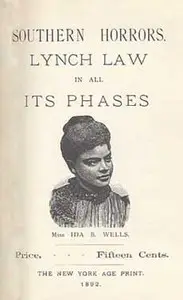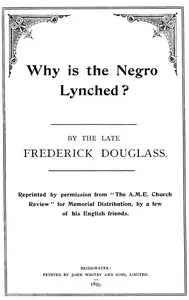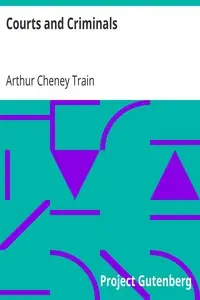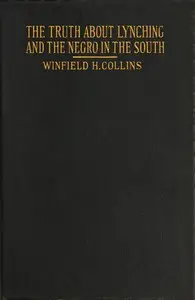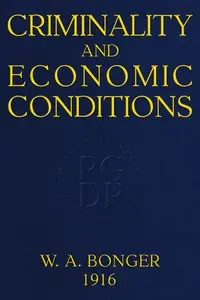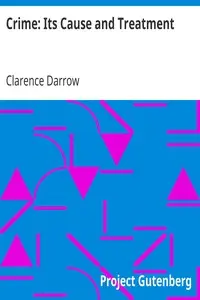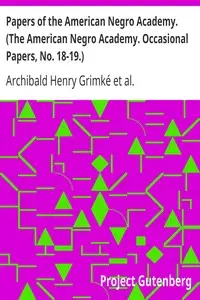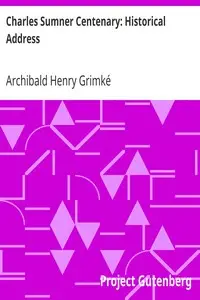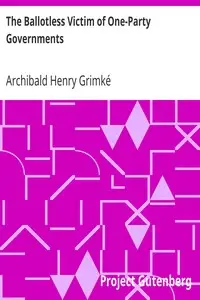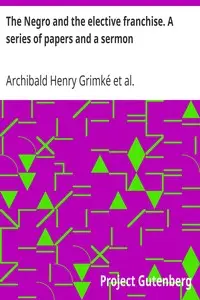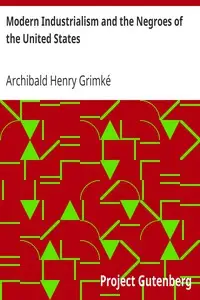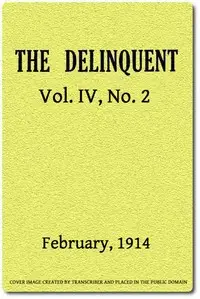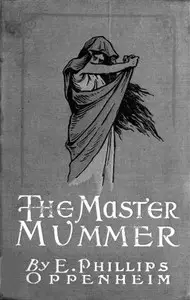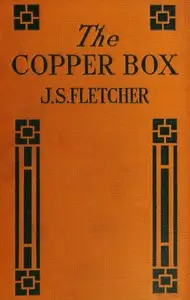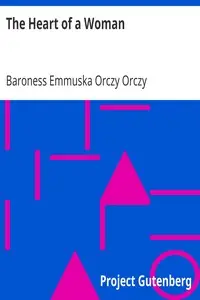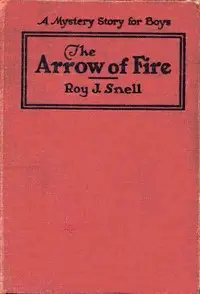"The Ultimate Criminal" by Archibald Henry Grimké is a powerful speech that explores why crime exists within the African American community during the early 1900s. The book analyzes common misconceptions surrounding African-American crime, countering stereotypes and offering historical background on slavery and racism. Instead of blaming the entire group for actions of the few, Grimké investigates the societal problems that lead to criminal behavior. The speech asserts that the criminal activity associated with Black individuals is the result of long-term subjugation and continued social and economic inequality. Grimké points to the effects of slavery, the unfairness of Jim Crow laws, and the widespread atmosphere of violence being used to hold people down rather than lift them up. He points out that the above creates a lack of opportunity and education, which then causes crime as a reaction to injustice. Grimké insists on addressing the underlying issues, urging America to treat Black individuals with compassion and fairness.
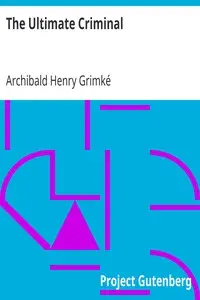
The Ultimate Criminal
By Archibald Henry Grimké
Uncover the real reasons behind crime within the African American community as a powerful speaker challenges the prejudice of early 20th-century America.
Summary
About the AuthorArchibald Henry Grimké was an African-American lawyer, intellectual, journalist, diplomat and community leader in the 19th and early 20th centuries. He graduated from freedmen's schools, Lincoln University in Pennsylvania, and Harvard Law School, and served as American Consul to the Dominican Republic from 1894 to 1898. He was an activist for the rights of Black Americans, working in Boston and Washington, D.C. He was a national vice-president of the National Association for the Advancement of Colored People (NAACP), as well as president of its Washington, D.C. chapter.
Archibald Henry Grimké was an African-American lawyer, intellectual, journalist, diplomat and community leader in the 19th and early 20th centuries. He graduated from freedmen's schools, Lincoln University in Pennsylvania, and Harvard Law School, and served as American Consul to the Dominican Republic from 1894 to 1898. He was an activist for the rights of Black Americans, working in Boston and Washington, D.C. He was a national vice-president of the National Association for the Advancement of Colored People (NAACP), as well as president of its Washington, D.C. chapter.

